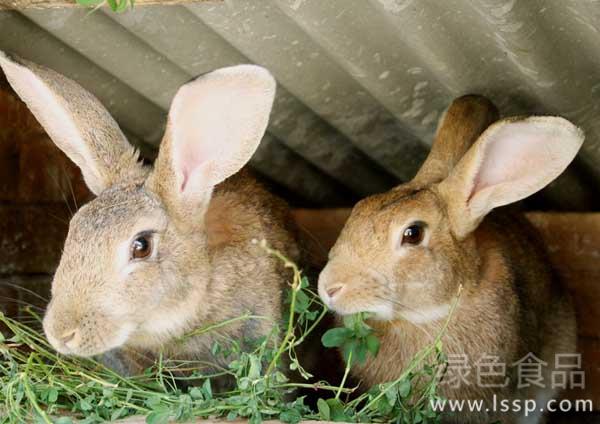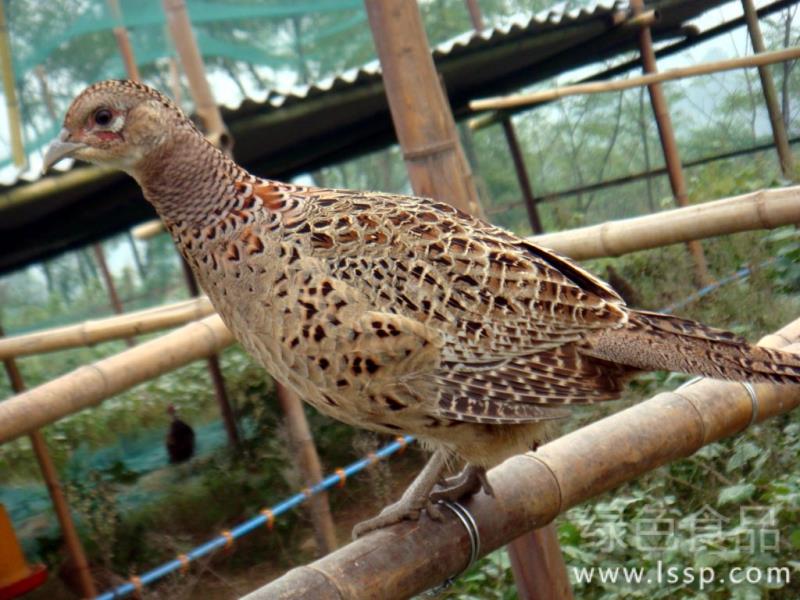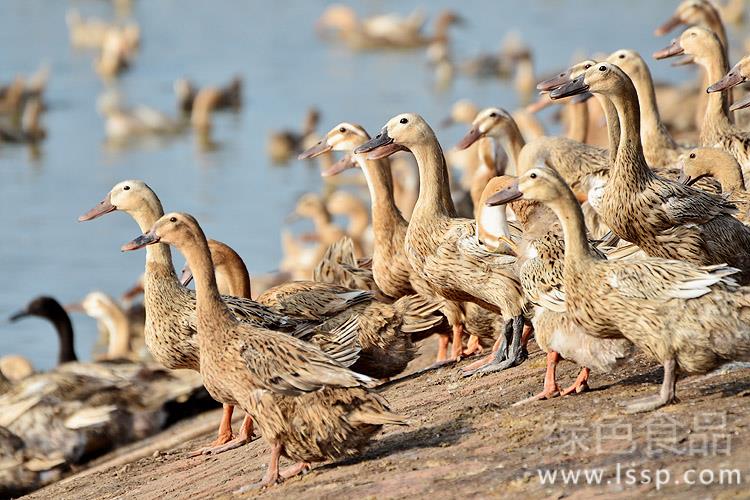Rabbit feeding should change with season six management measures for raising rabbits in autumn
1. Adjust the ration. According to different ages of rabbits, the feed is prepared according to feeding standards, reasonably increasing protein and reducing energy. Rabbit feed is rich in nutrition, palatable and easy to digest. Provide sufficient green feed such as grass and vegetables every day. Feed should be fresh, clean and free from mildew and deterioration.

rabbit
2. Strong autumn fat. Rich feed, complete nutrition, suitable temperature, strong autumn fat, safe winter. Therefore, the preparation of nutrient-rich feed, for high-quality green feed; feed timing, quantitative, do breakfast early feeding, late dinner feeding, lunch more green feed, night feeding. Young rabbits were fed 5~6 times a day, young rabbits 3~4 times and adult rabbits 2~3 times. Provide clean and adequate drinking water.
3. Catch reproduction. Empty pregnant female rabbit breeding work to do a good job, timely inspection of empty pregnant, timely breeding. Feed rich in protein, minerals and vitamins should be provided to pregnant and nursing female rabbits. Do a good job of newborn rabbits, early feeding, timely weaning.
4. The whole rabbit herd. Rabbits with strong reproductive power, neat offspring and rapid growth can be reserved for seed use. Old, weak, sick and remnant rabbits should be eliminated immediately. Select and retain excellent reserve rabbits to supplement rabbit population.
5. Anti-stress. Add 0.5% vitamin b12, 0.5% vitamin c, 0.5% sodium bicarbonate in the feed; Houttuynia cordata, leek each right amount, water decoction juice, add a little vinegar, white sugar, to the rabbit from drinking, can prevent stress, promote rabbit fast growth.
6. Fine management. The temperature difference between morning and afternoon in autumn is large, and young rabbits are prone to colds, pneumonia, enteritis and other diseases. Serious ones will die. Therefore, rabbits should be driven indoors every evening. Every time there is strong wind or rain, rabbits should not be allowed to move in the open air. Keep rabbits clean, dry and quiet. Wash the feeding trough frequently. 3~5% Lysol is commonly used to disinfect the inside and outside of the house regularly. Rabbits are regularly injected with rabbit plague vaccine. Regularly feed with sulfamethazine, coccidin, coccidiosis powder and other feeds to prevent parasitic diseases. Rabbits need to be observed every day in order to find problems in time, so as to achieve early prevention without disease and early treatment with disease.
- Prev

How to prevent and cure colibacillosis in pheasant with poor appetite in green and white faeces
How to prevent and cure colibacillosis in pheasant with poor appetite in green and white faeces
- Next

Autumn ducks can also obtain matters needing attention in raising autumn ducks with high efficiency.
Autumn ducks can also obtain matters needing attention in raising autumn ducks with high efficiency.
Related
- On the eggshell is a badge full of pride. British Poultry Egg Market and Consumer observation
- British study: 72% of Britons are willing to buy native eggs raised by insects
- Guidelines for friendly egg production revised the increase of space in chicken sheds can not be forced to change feathers and lay eggs.
- Risk of delay in customs clearance Australia suspends lobster exports to China
- Pig semen-the Vector of virus Transmission (4)
- Pig semen-the Vector of virus Transmission (3)
- Five common causes of difficult control of classical swine fever in clinic and their countermeasures
- Foot-and-mouth disease is the most effective way to prevent it!
- PED is the number one killer of piglets and has to be guarded against in autumn and winter.
- What is "yellow fat pig"? Have you ever heard the pig collector talk about "yellow fat pig"?

